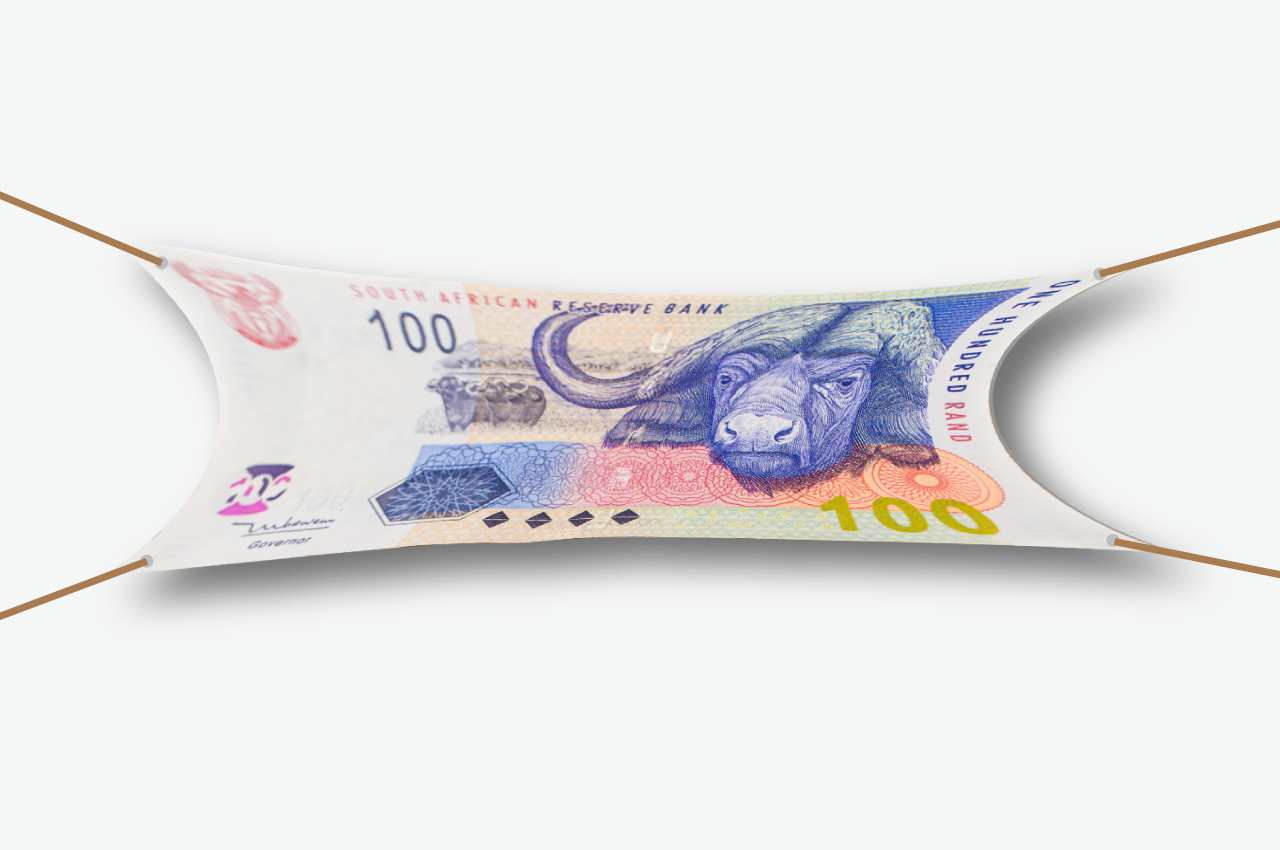Stretch your Rand – don’t skimp on healthy necessities
Have you noticed how that R500 you’ve just spent now seems to put so much less in your shopping basket?
And if you are filling your tank with petrol, like others, will you be anxiously watching the gauge ticking away – especially since 93 octane can be almost R22/litre.
Worryingly it’s forecast that the petrol price could even jump a further 15% percent, – we might well see petrol at over R25/litre. This means that a 50-litre tank of fuel could cost you well over R1000, ouch!
Even if you don’t drive your own car, petrol prices have impacted transport costs generally. Meanwhile petrol prices in South Africa are still relatively cheap compared to many other places in the world – it’s a global problem. Spare a thought for the Italians, for example, they pay the equivalent of almost R32 per litre.
South Africans are feeling the bite of fuel price increases as a result of Russia’s war in Ukraine and the accompanying rise in the Brent crude oil price.
The latest increases make fuel in South Africa about 40% more expensive than a year ago. To try to hold down the spike in price, the SA government did temporarily reduce its tax on fuel sales – but this is due to end.
In its latest consumer prices index, Statistics South Africa, shows annual inflation at 5.9% with the main contributors being food and non-alcoholic beverages at 6%; housing and utilities at 4.8%; and transport at a whopping 14.7%.
Ultimately it all boils down to inflation – what some folks call an insidious cancer in the fabric of society. Sadly, this currently has much to do with the tragic Russian war in Ukraine.
Together Russia and Ukraine account for about 29% and 19% of global wheat and maize exports respectively. Now, with Ukraine’s ports closed and much of Russian grain supply frozen, there are fears that tightening supplies will lead to shortages in importing countries. And so, the price goes up.
Data from Grain SA shows that by February this year, South Africa imported 40% of its wheat requirements – and none of it came from Russia or Ukraine. It came from Lithuania, Argentina, Poland, Australia, Latvia and the United States.
“The conflict has an impact on the international wheat prices which ultimately reflect in the SA wheat prices as well,” Grain SA economist Luan van der Walt told Reuters in an emailed response.
Understandably, typical consumer response would be to press for higher wages. However, with a shocking South African unemployment rate of over 35%, itself indicating a struggling economy, salary hikes could further add to spiraling inflation.
This all means that households simply have to respond accordingly – call that belt tightening – and we’re not alone in this struggle. Europe and America are facing similar difficulties.
So, importantly, our challenge is not to cut down on food and essentials for health living, but to make that rand go further.
Let’s begin with cutting down on that grocery bill.
Shop mindfully – optimise bulk buying.
DO:
- Prepare a grocery list in advance and stick to it
- Get to know the supermarket layout and where the healthy foods are located
- Check out what’s on sale – look out for those specials
- Bring your calculator
- Get to know the food prices
DON’T:
- Buy those sugary beverages and sweets – stick to healthy whole fresh fruits
- Waste your shopping coupons on unnecessary luxuries
- Buy pre-packaged foods – they are more expensive and often not healthy anyway
- Shop when you’re hungry
Now let’s explore some cost-saving tips for fuel.
If you can walk, or cycle, rather do that – but if you do need to use your car:
DO:
- Clean out your boot to remove unnecessary weight
- Keep your tires inflated to the correct pressure
- Shop around for best fuel prices
- Stick to the speed limit
DON’T:
- Use your air conditioning unnecessarily
- Leave your car idling for long periods – many modern vehicles now do that automatically
- Brake and accelerate harshly
- Buy premium fuel unless it’s specified for you vehicle …
Remember that although these may seem like small changes to make, they will add up to a noticeable difference!



